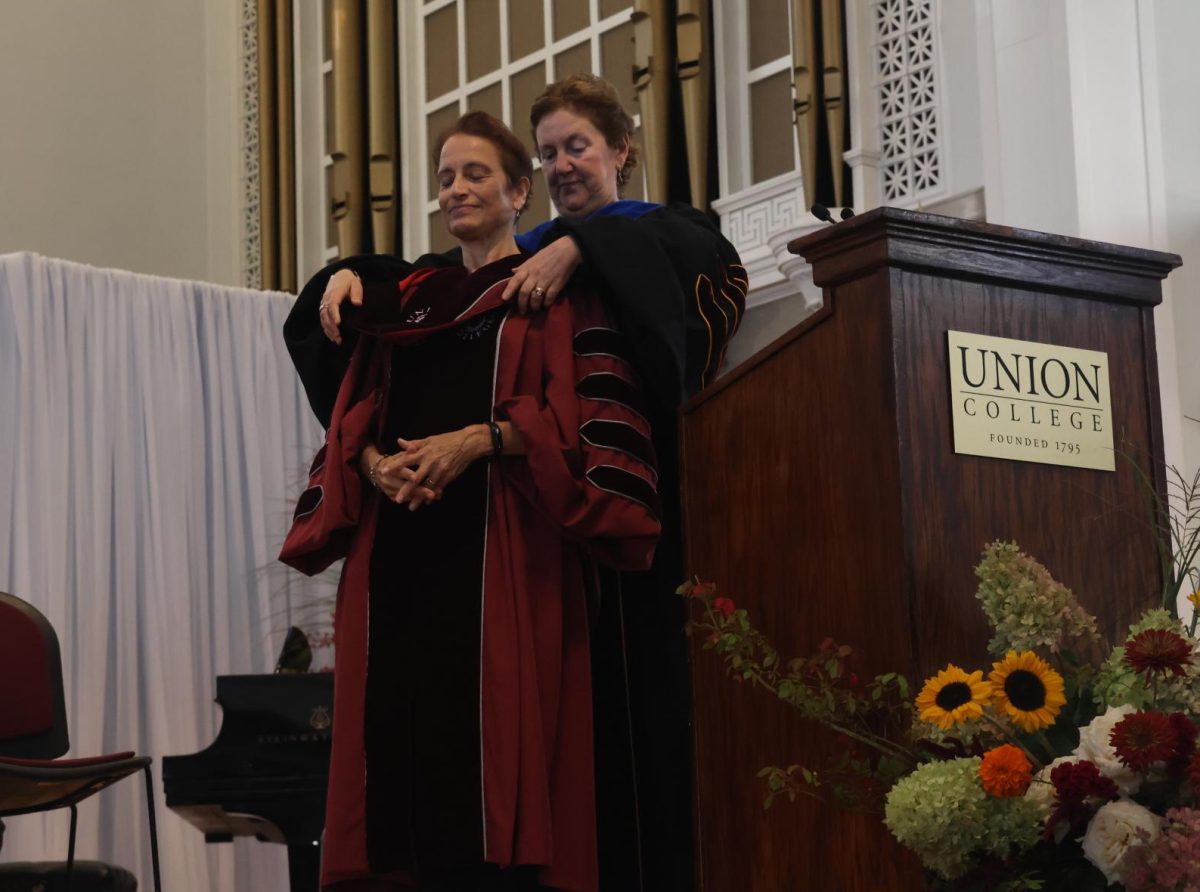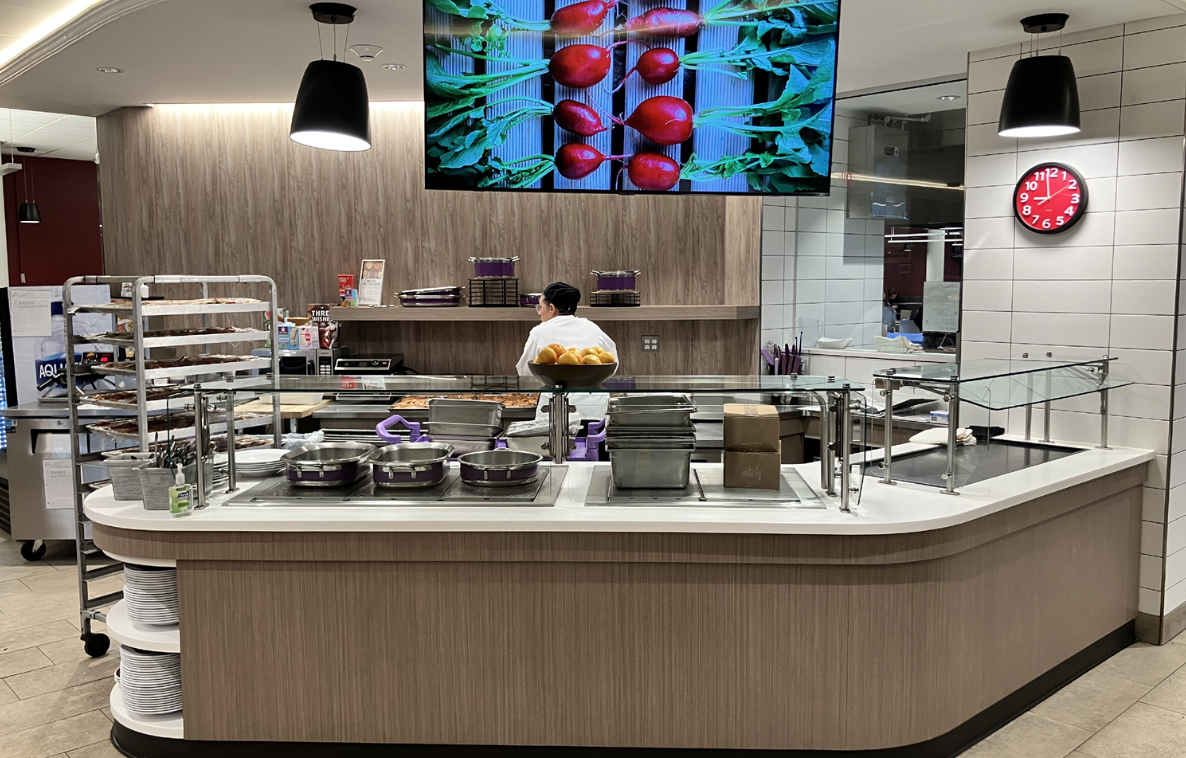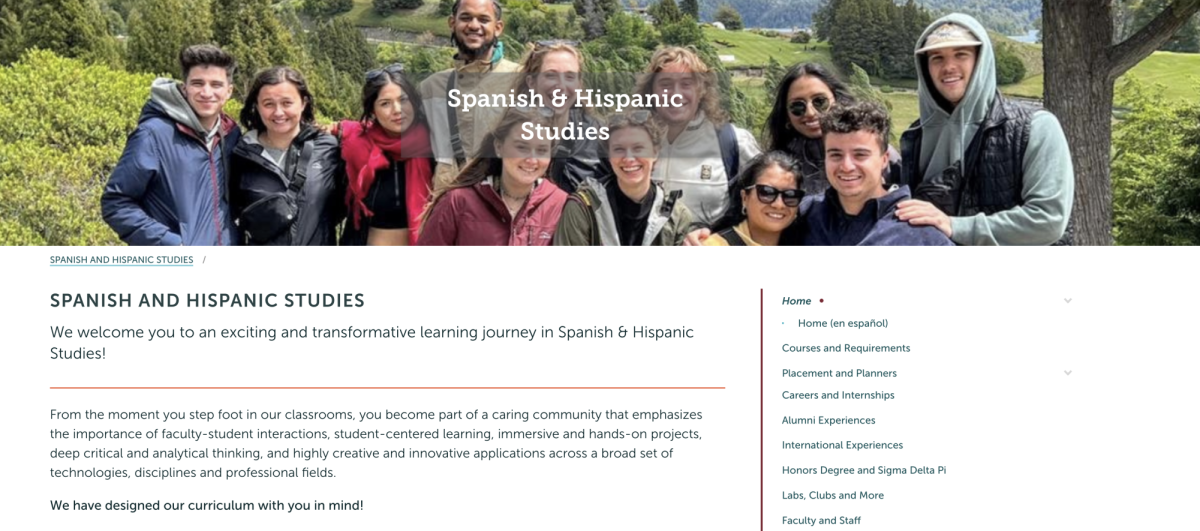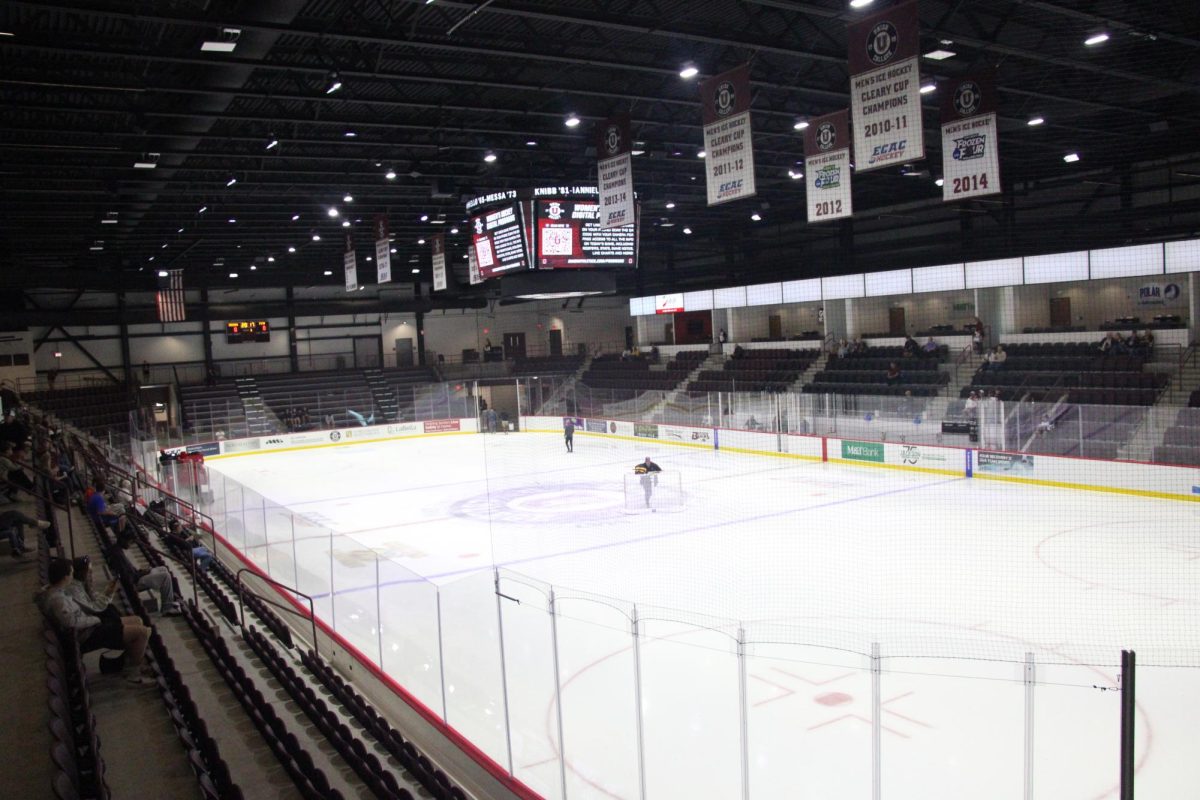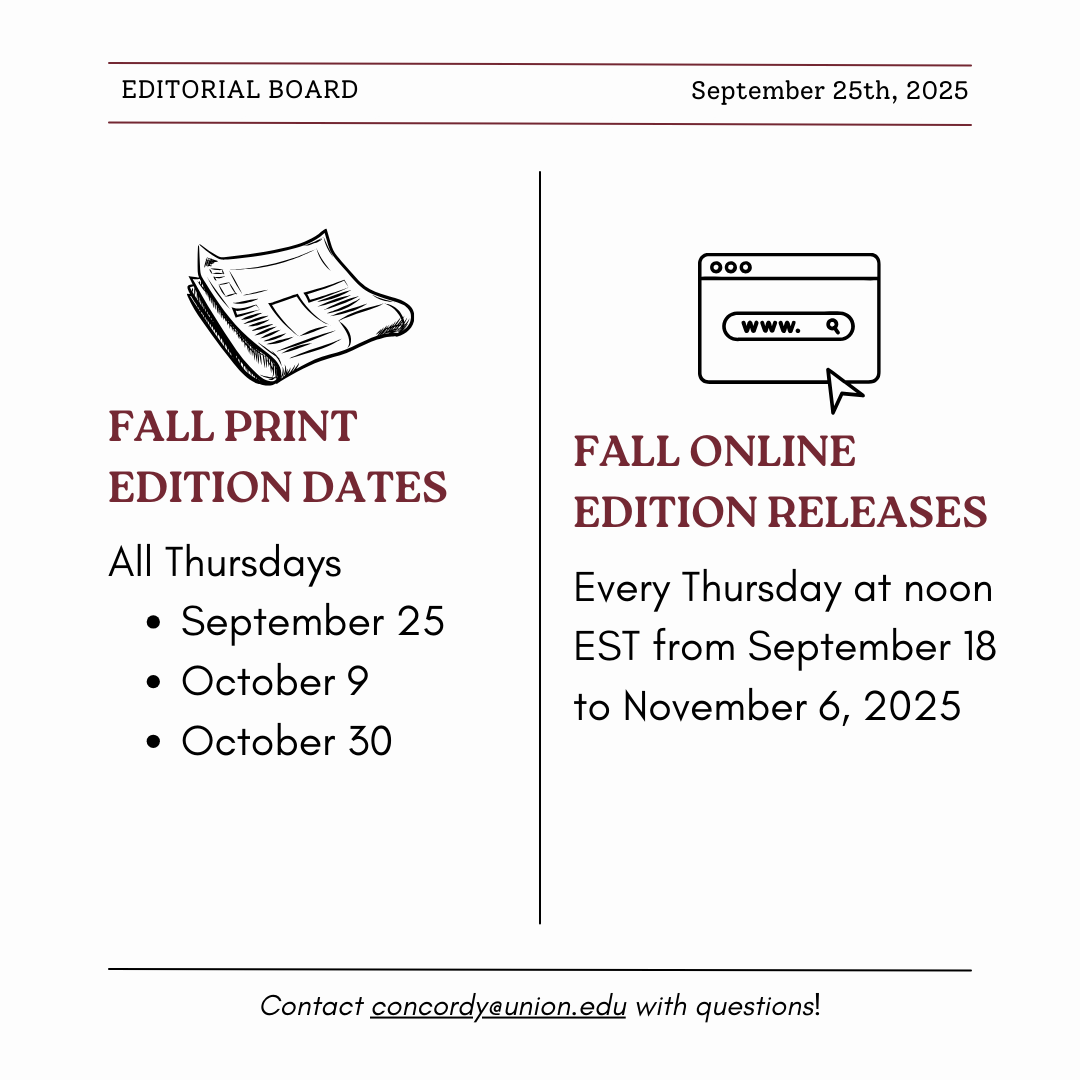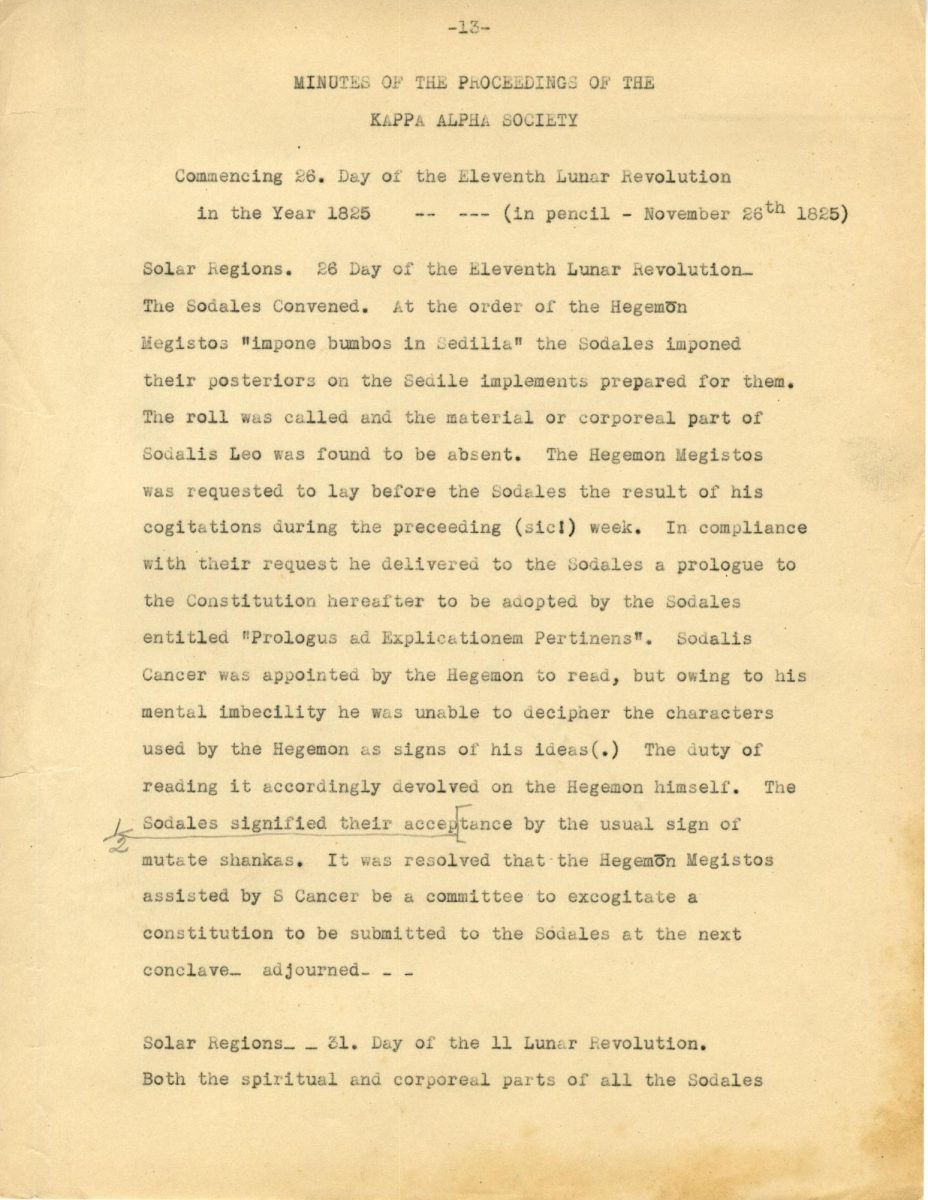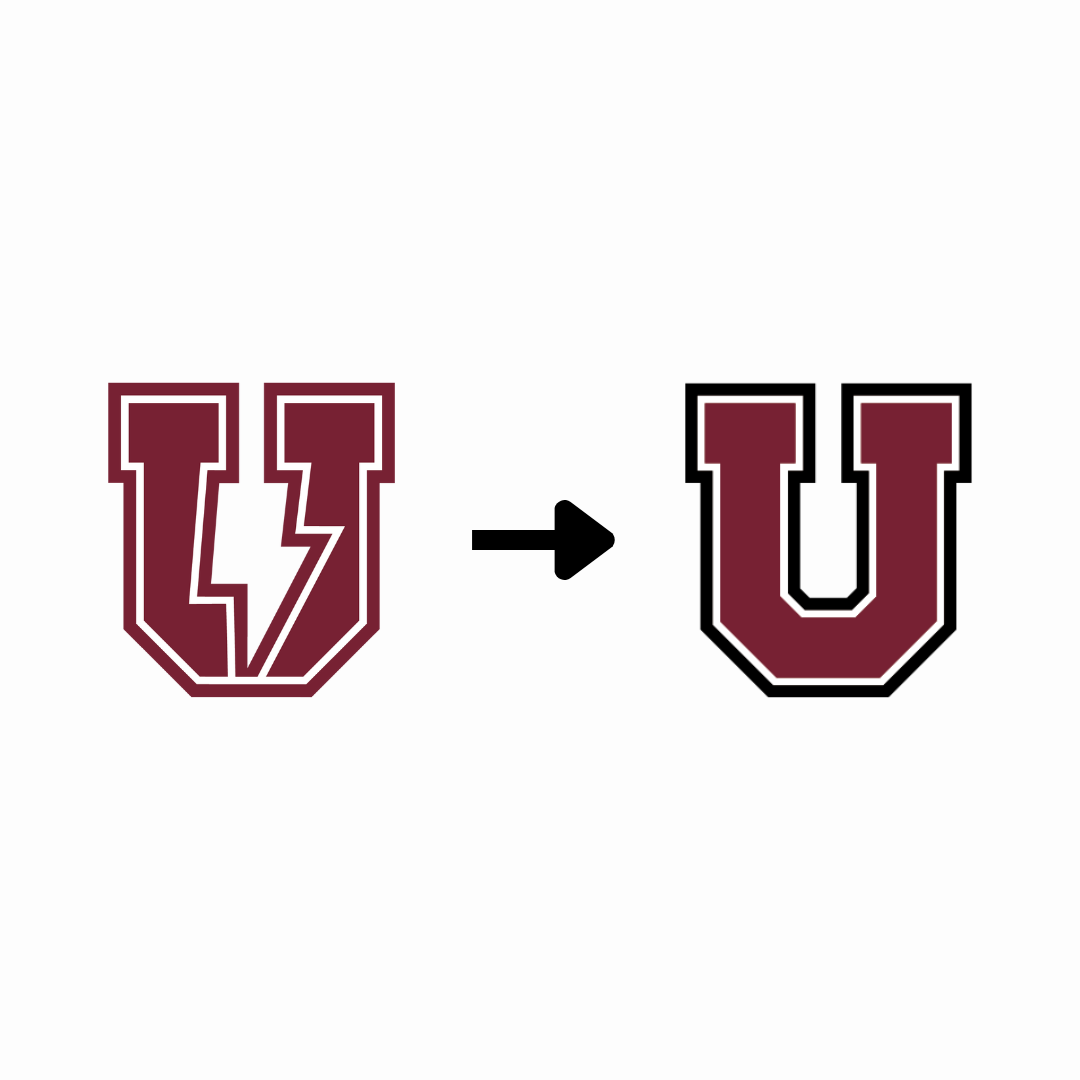For the past five years Union has composted food in an attempt to be more environmentally friendly.
To date both the West and Upper Dining Halls, Rathskellar, the Dutch Hollow, every Minerva except for Wold, College Park Hall, the apartments and the Seward houses compost their food.
“For dining, composting is an industrial process where organic matter is turned into reusable soil,” Sustainability Coordinator Alex Lykins said. Composting reduces the impact of food waste on the environment.
Food that is not consumed can be turned into reusable soil that can be used to grow crops. The process of breaking down food through composting is aerobic, or involves oxygen.
Anaerobic breaking down of food and waste, which occurs in landfills, produces methane gas which is a greenhouse gas that is 21 times more potent than carbon dioxide.
Food at Union is composted through the Ulster Waste Recovery Center (UWRC) and a smaller facility in Poestenkill, New York.
Food is then transported through either Natural Upcycling or Food Scraps 360, the latter group composts food for events catered by Union Hospitality. Most food goes to the facility UWRC.
“Although it’s a smaller facility, they prefer to bring as much as they can there because obviously it’s a shorter distance to Poestenkill than Ulster county… But since they’re such a small facility, they can only accept so much,” Lykins said.
Food that is sent to the Posteonkill site is anaerobically processed. The methane gas produced from this is burned to produce electricity while the digested food is sold as fertilizer. The UWRC composts food aerobically.
“There’s not really a lot of composting infrastructure in New York State right now, it’s kind of a newer thing. There will be, I guarantee. Within the next five here we’re going to have compost facilities that accept food within a 20 mile radius, but currently Ulster County is really the only place that’s set up for it,” Lykins said.
He went on to explain that, “Schenectady County does have a compost facility… the person who runs it is uncomfortable with accepting food because they’re worried about contamination.”
Food is sent to Poestenkill from the dining halls on a weekly basis. From July 1, 2017 to March 30, 2018, Union composted 118,096 pounds of food.
In addition to composting, Union Hospitality takes steps to provide sustainable and environmentally friendly sources of food.
26% of the food at Union comes from within a 250 mile radius of the school.
“Union College Hospitality is dedicated to our efforts in promoting a sustainable campus environment… We have a strong commitment in this area and it will continue to be one of our top priorities,” Director of Student Engagement-Union College Hospitality Donna Reichel said.
In addition to buying local food, the school mostly abides by the Monterey Bay Aquarium’s Avoidance List. This list outlines what fish and seafood is sustainable and what is not.
The only seafood served in the dining halls that is not deemed sustainable by that list is salmon.
“They’re trying to figure a way around that, but it’s hard when you want to be price competitive and you want to make sure students can afford what you’re providing,” Lykins said.
Union compares its sustainability efforts to other colleges and universities through RecycleMania, an organization that tracks and names the most environmentally sustainable schools on campus.
In recent years the ranking of Union has decreased as the metrics of food sustainability have changed.
Previously, composting had been weighted higher, while now the organization puts more of an emphasis on food donation and a reduction of food waste.


